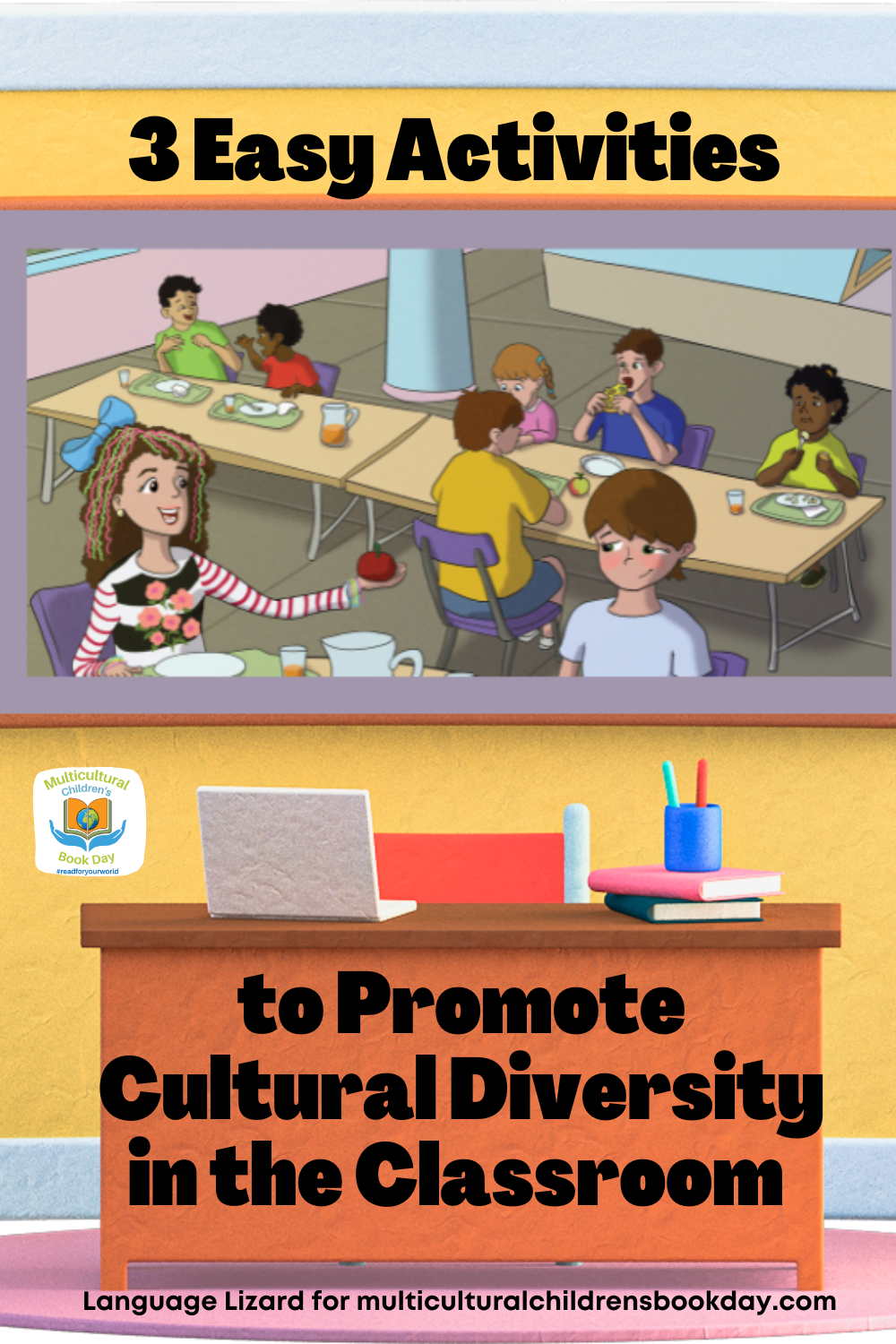
Foundations of Learning: Montessori Early Childhood Education
The Montessori Philosophy for Early Childhood Education
Montessori early childhood education is rooted in a unique philosophy that recognizes the developmental needs of young learners. Dr. Maria Montessori’s approach emphasizes hands-on learning, self-directed exploration, and a prepared environment that fosters independence. This article explores the foundational principles that make Montessori early childhood education distinctive.
Prepared Environment for Independent Exploration
At the core of Montessori early childhood education is the concept of a prepared environment. Classrooms are carefully arranged to provide children with easy access to a wide range of materials. The environment is intentionally designed to encourage independent exploration, with child-sized furniture and open shelves that invite young learners to choose activities based on their interests.
Hands-On Learning Materials
Montessori early childhood classrooms are adorned with a rich array of hands-on learning materials. These materials are designed to be self-correcting, allowing children to discover and learn independently. From sensorial materials that engage the senses to math and language materials that build foundational skills, each element serves a purpose in the child’s developmental journey.
Freedom within Limits: Nurturing Independence
Montessori early childhood education operates on the principle of “freedom within limits.” While children have the freedom to choose their activities, there are guidelines and boundaries in place. This balance empowers children to make decisions, take responsibility for their actions, and develop a strong sense of independence and self-discipline.
Multi-Age Classrooms: Creating Community and Collaboration
Montessori early childhood classrooms often feature multi-age groupings, bringing together children within a three-year age range. This structure allows for a sense of community and collaboration. Older children become role models and mentors, while younger ones benefit from observing and learning from their peers. The multi-age dynamic fosters a supportive and cooperative learning environment.
Individualized Learning Paths
One of the hallmarks of Montessori early childhood education is the emphasis on individualized learning paths. Teachers observe each child’s unique strengths, interests, and developmental progress, tailoring the learning experience accordingly. This approach recognizes that children have different learning styles and paces, allowing them to flourish at their own rhythm.
Focus on Practical Life Skills
Montessori early childhood education places a strong emphasis on practical life skills. Activities such as pouring, sweeping, and dressing oneself are integral parts of the curriculum. These activities not only develop fine and gross motor skills but also instill a sense of responsibility and autonomy in young learners.
Language Development through Immersion
Language development is a crucial aspect of Montessori early childhood education. The environment is rich in language opportunities, with teachers providing language immersion through storytelling, conversations, and exposure to a variety of written materials. This approach naturally cultivates language skills and a love for literature.
Sensorial Exploration for Cognitive Development
The sensorial materials in Montessori early childhood classrooms are designed to stimulate the senses and enhance cognitive development. Children engage in activities that refine their ability to perceive size, shape, color, texture, and sound. These sensorial experiences lay the groundwork for mathematical and scientific understanding.
Transitioning to Elementary Education
Montessori early childhood education serves as a foundational stage for a seamless transition to elementary education. The skills, values, and love for learning instilled during the early childhood years provide a solid base for continued exploration and academic growth. The Montessori approach sees education as a continuous journey, building upon the foundations laid in the early years.
Explore Montessori Early Childhood Education Further
For a comprehensive exploration of Montessori early childhood education principles and practical insights, visit Montessori Early Childhood. Discover resources, articles, and tips to enhance your understanding and implementation of Montessori principles in early childhood settings.
In conclusion, Montessori early childhood education is a holistic and child-centered approach that prioritizes the development of the whole child. From the prepared environment to individualized learning paths, the Montessori philosophy creates a nurturing and empowering educational experience for young learners. Visit www.igaseng.com to delve into the world of Montessori early childhood education.




